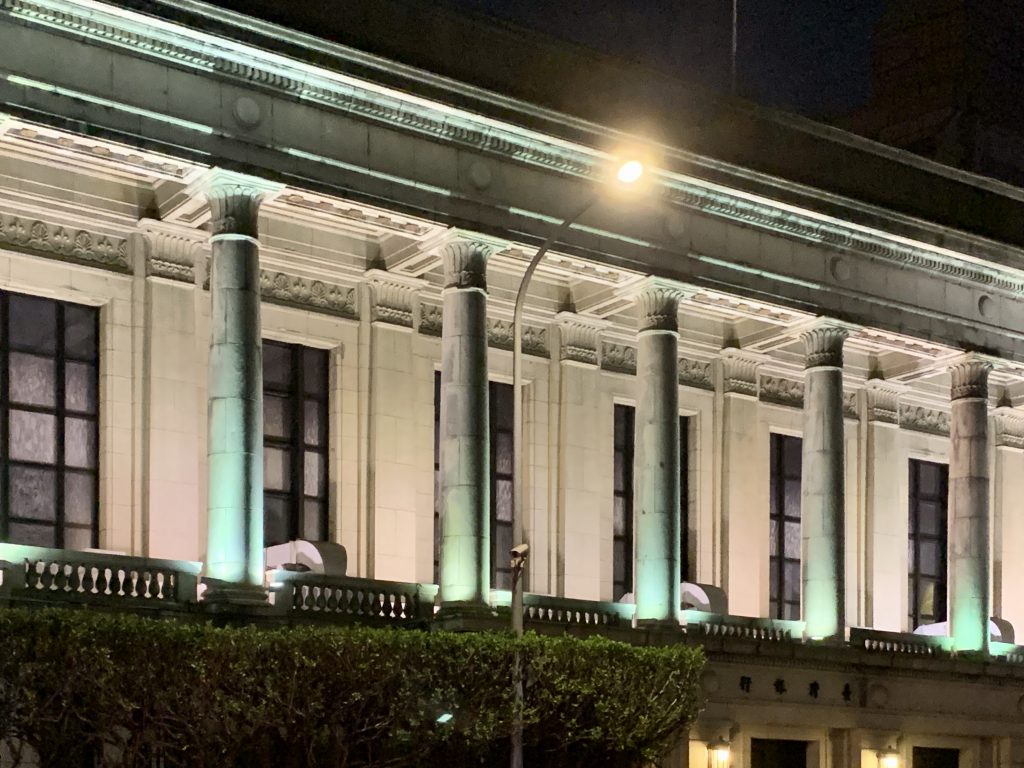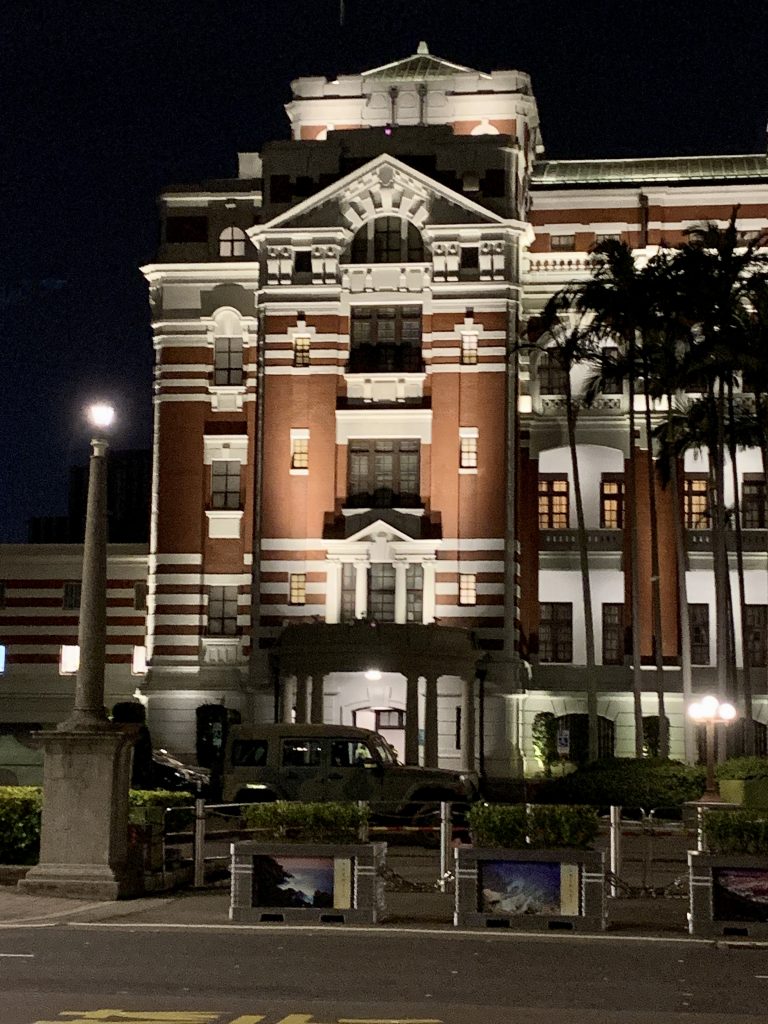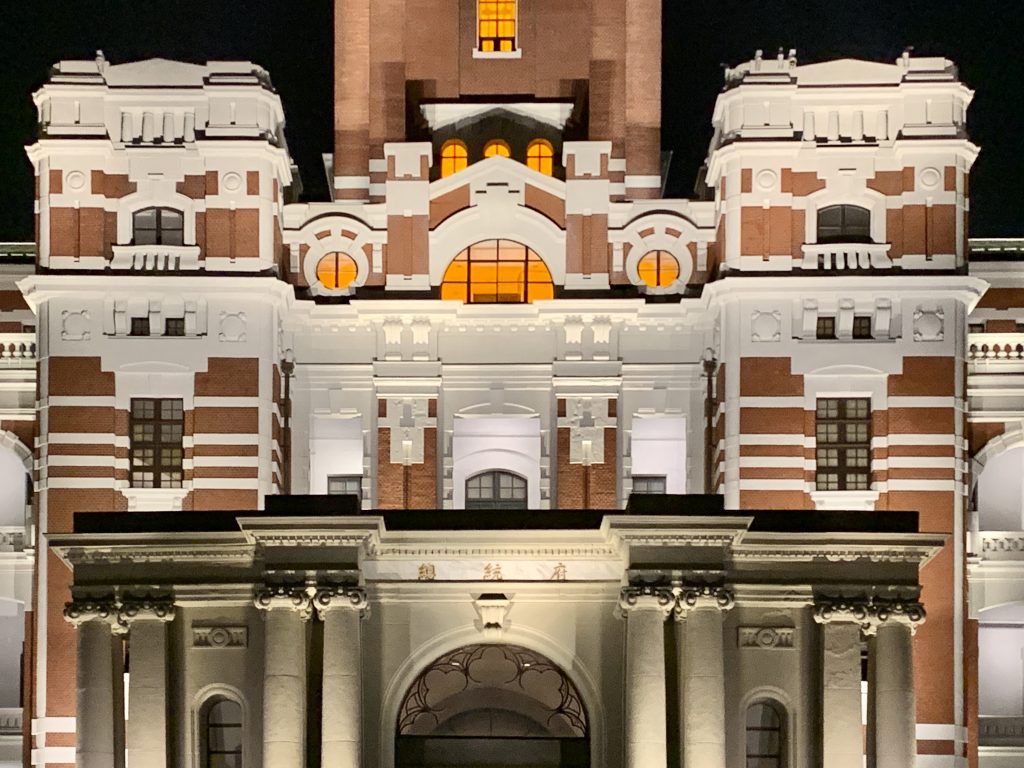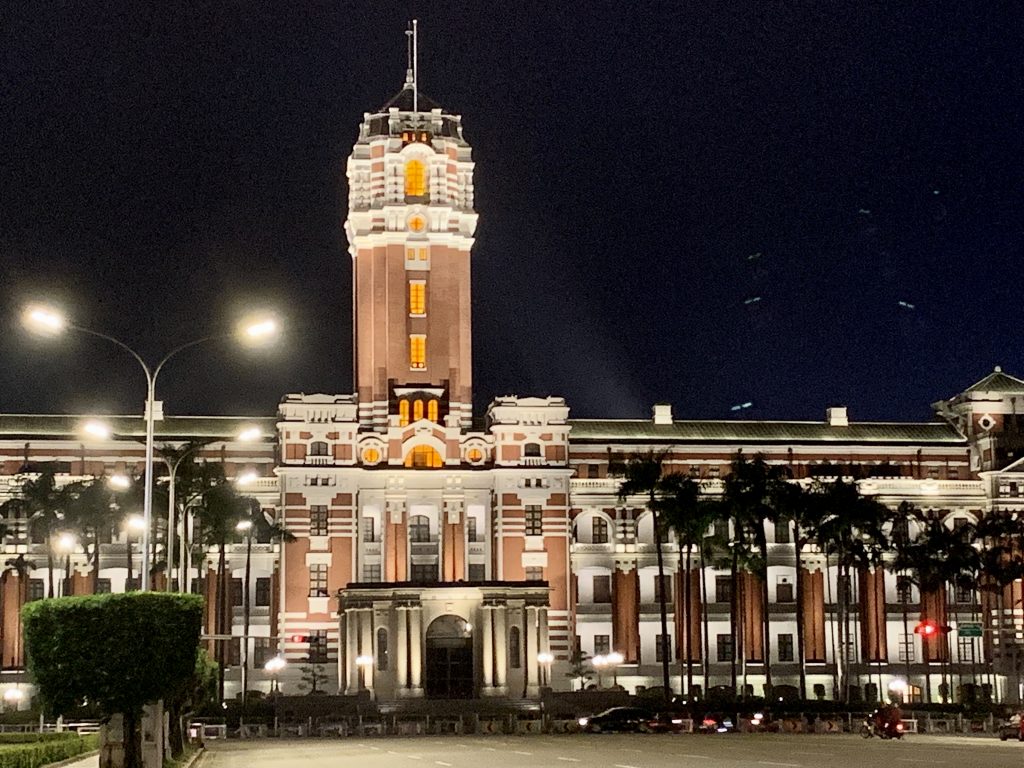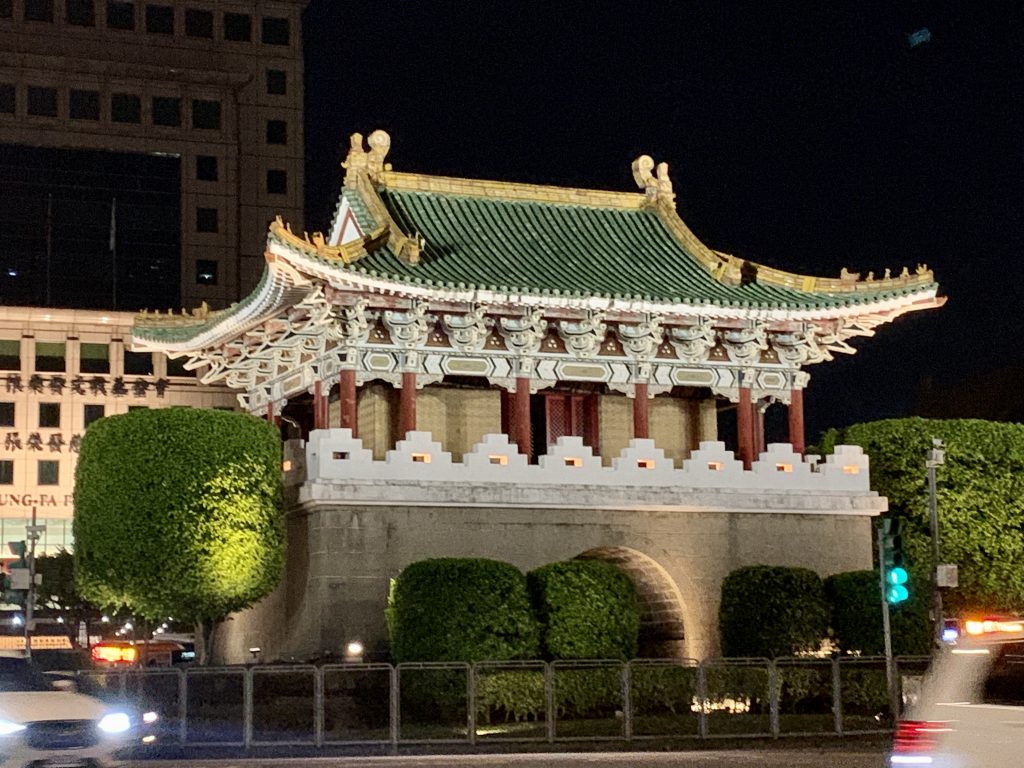Ximen (西門) Night Market
Taipei, the capital of Taiwan, is a city I have visited several times. It boasts numerous night markets, which are always a delight to explore. The Ximen (West Gate) Night Market is just a short walk from Taipei Main Station.
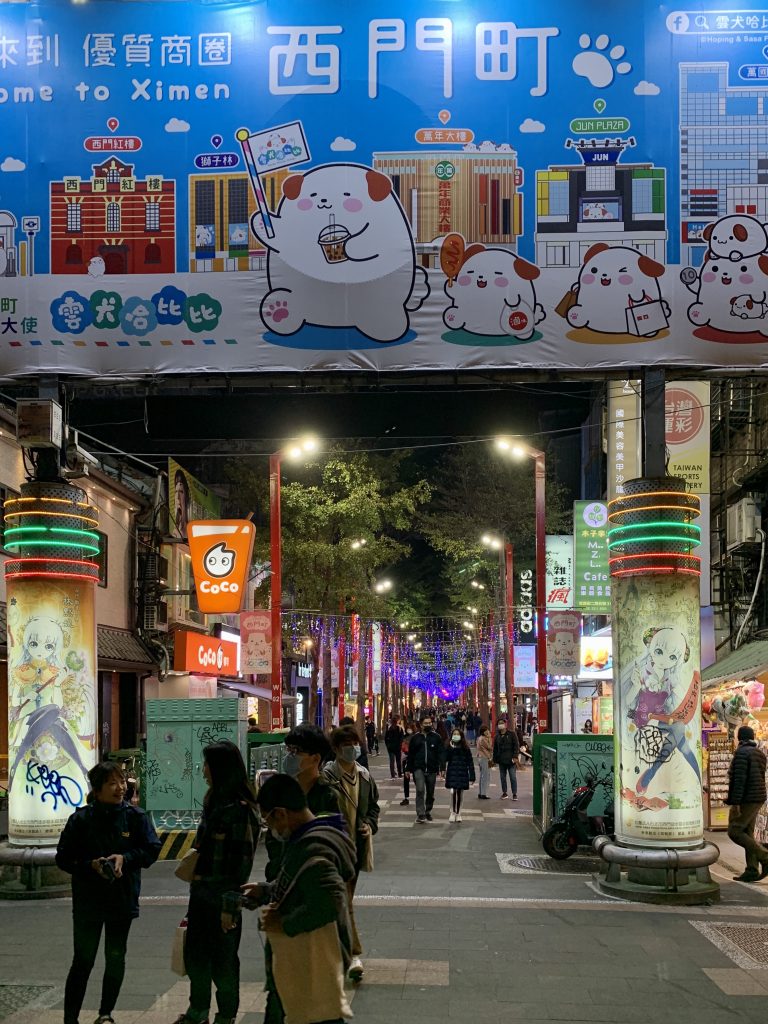
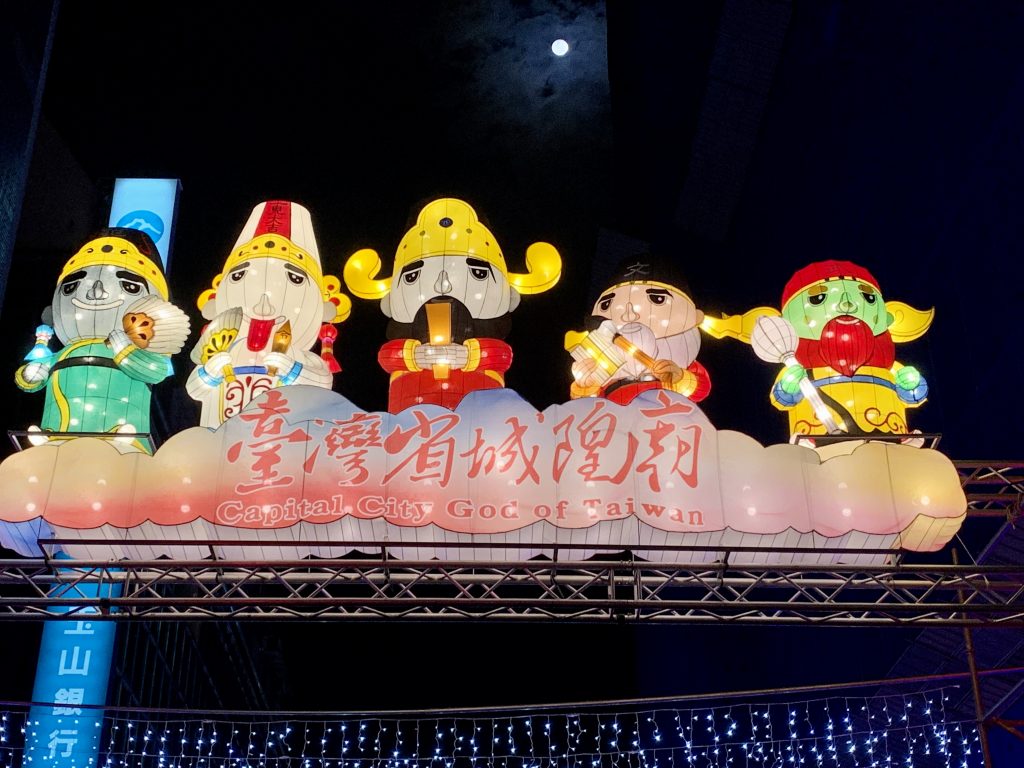
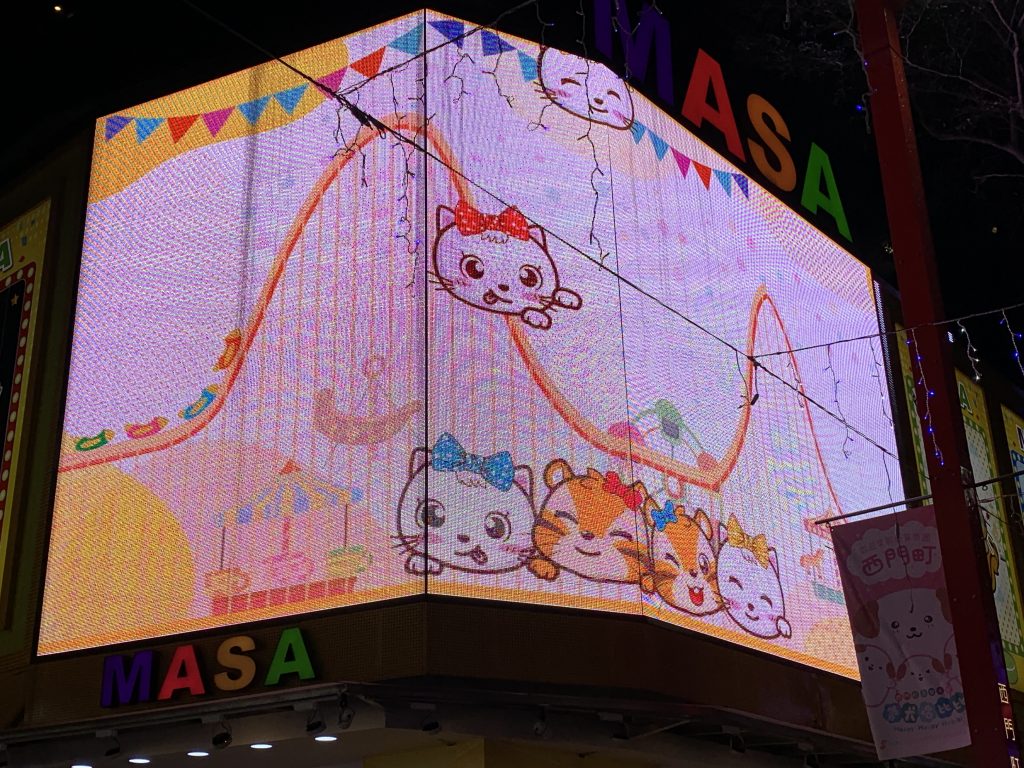
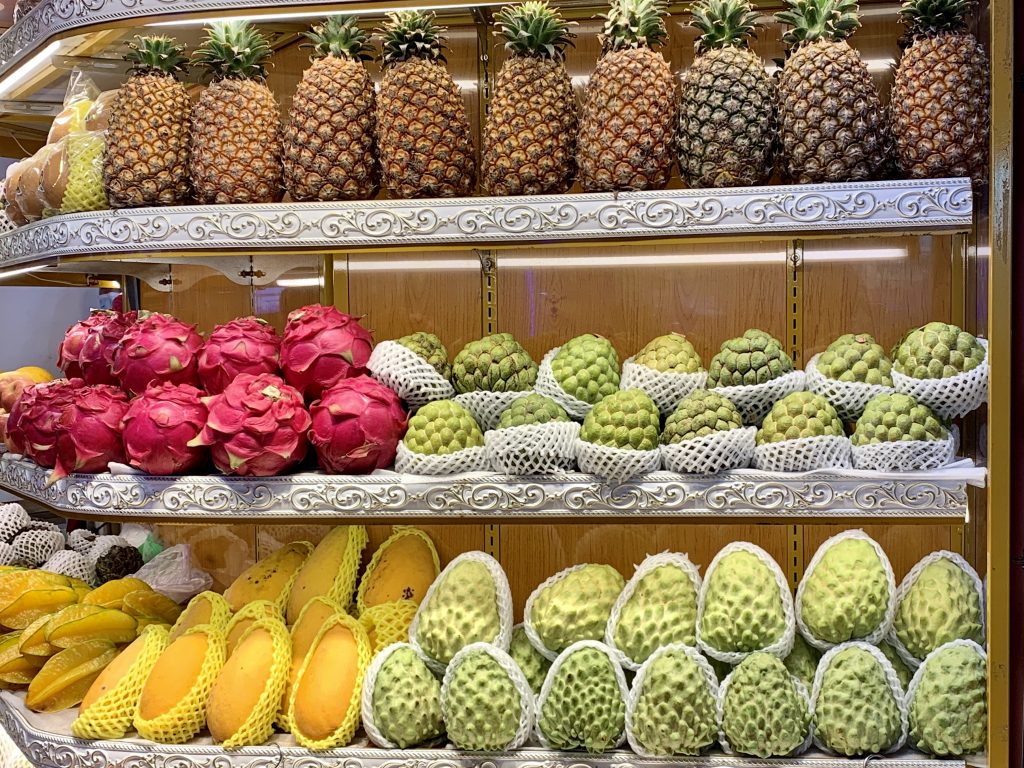


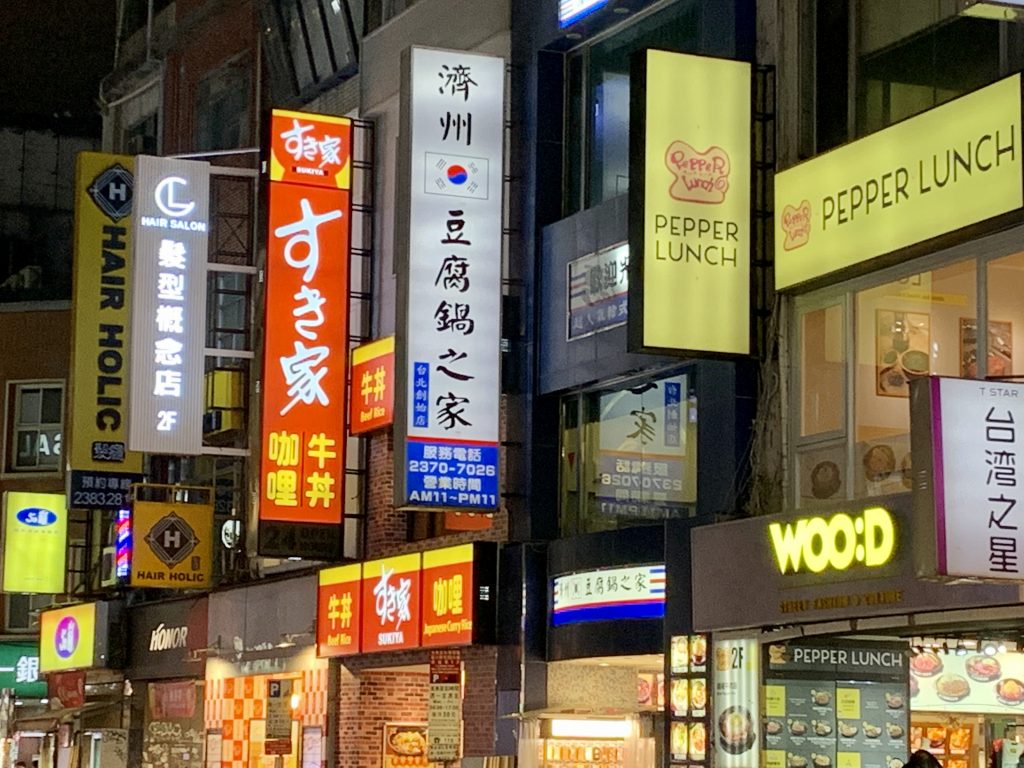
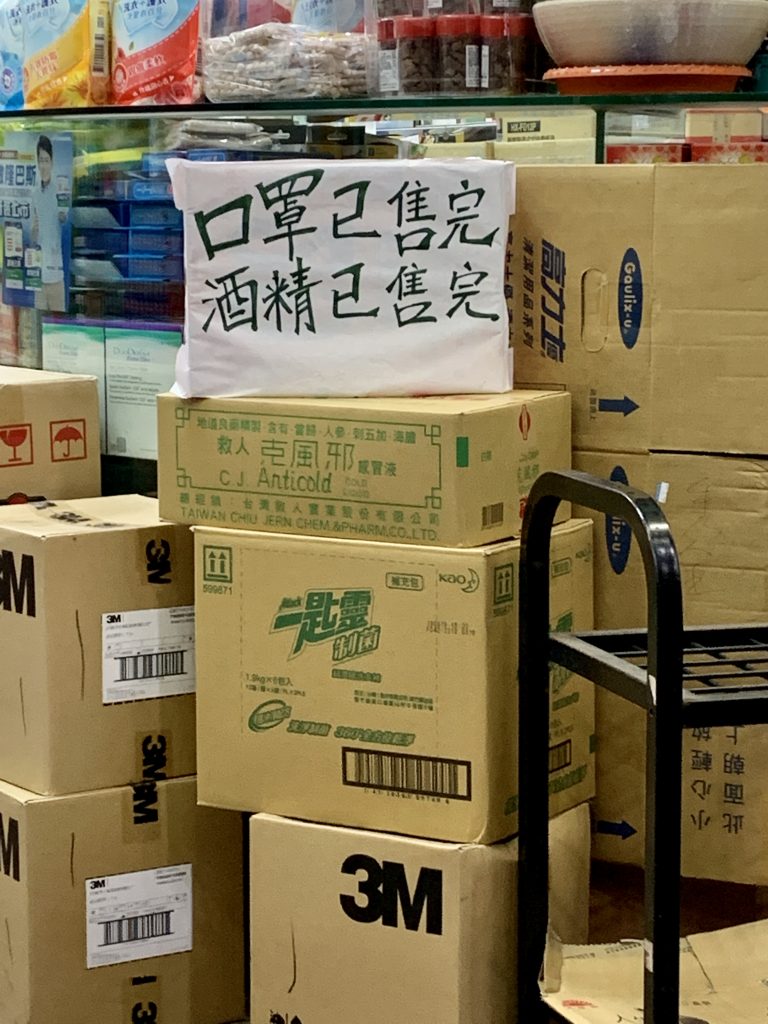
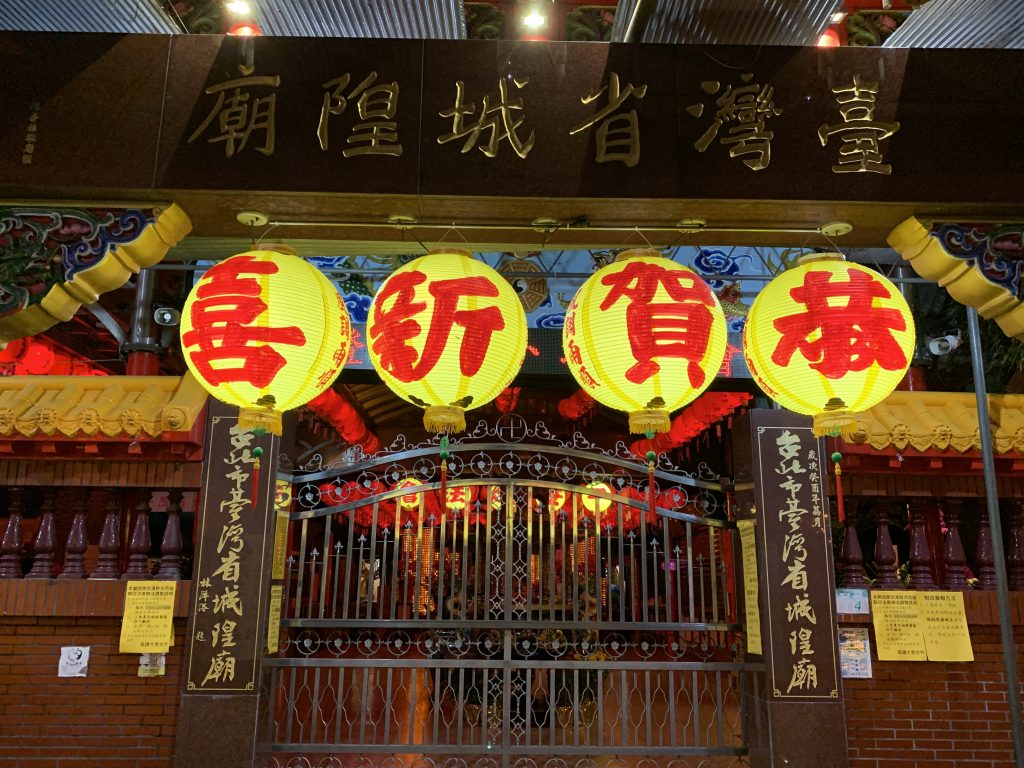
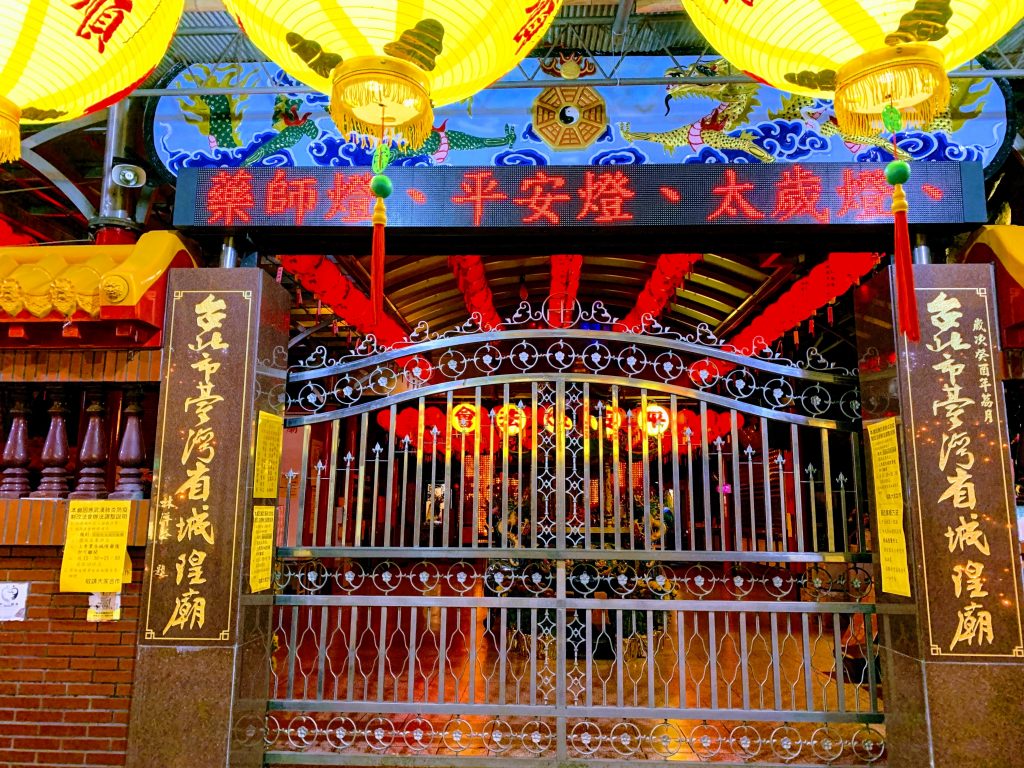
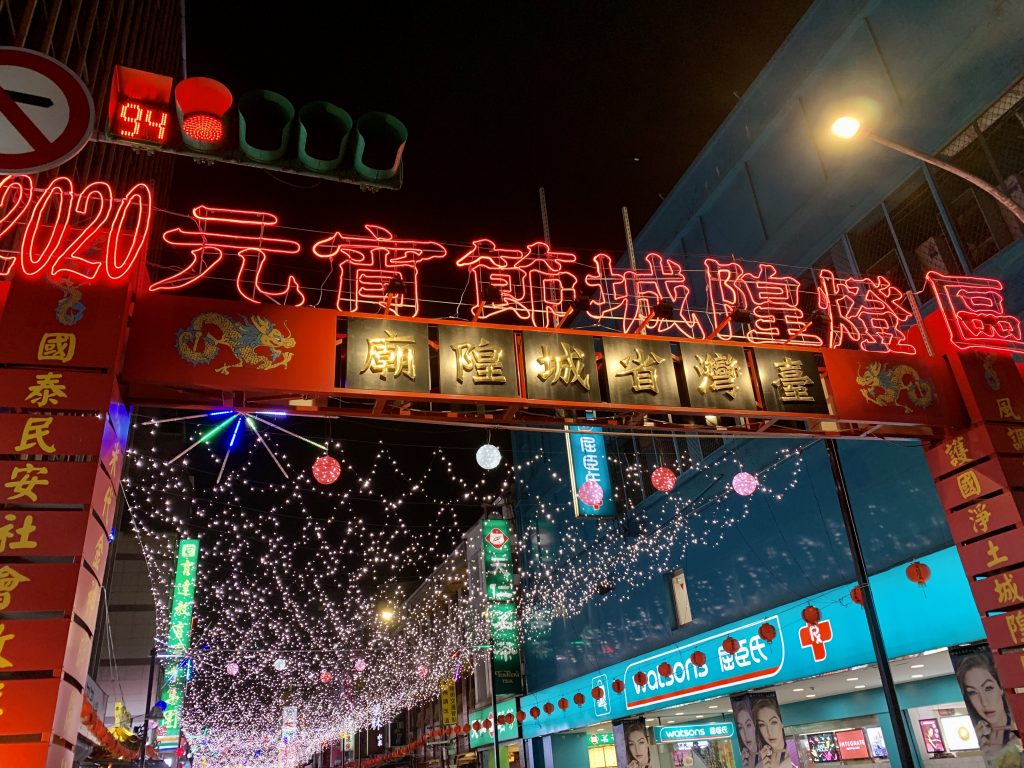
Jiufen (九份)
Jiufen, literally meaning ‘nine portions,’ has an interesting historical origin. According to Wikipedia, during the early years of the Qing Dynasty, the isolated village was home to nine families. Consequently, when shipments arrived from town, the village would request ‘nine portions.’ Over time, this hillside town gained popularity as a tourist destination, particularly after the release of the Taiwanese movie A City of Sadness, which was set in Jiufen. The film tackled the 228 tragedy, a once-taboo subject in Taiwan that only began to be openly discussed in the late 1980s.
The 228 tragedy refers to an anti-government uprising by the native Taiwanese against the Nationalist Chinese government who were fighting a civil war against the Communists on the mainland. On February 28, 1947, thousands of civilians, including some unarmed negotiators, were massacred by the army sent to the island by the Nationalist government.
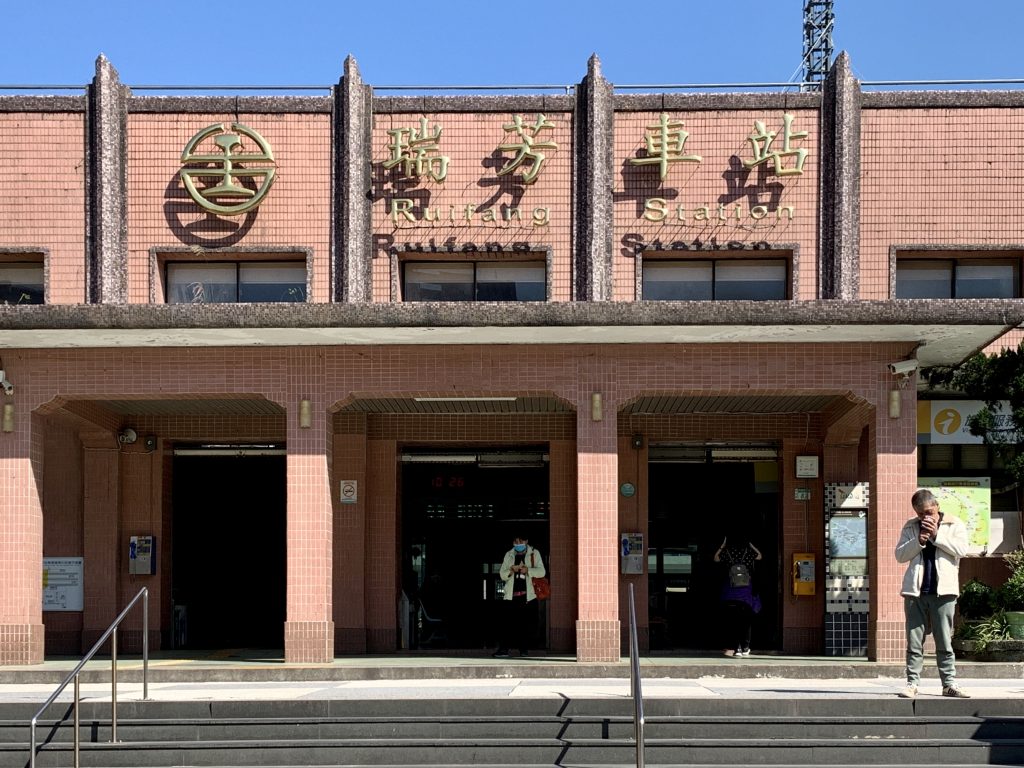
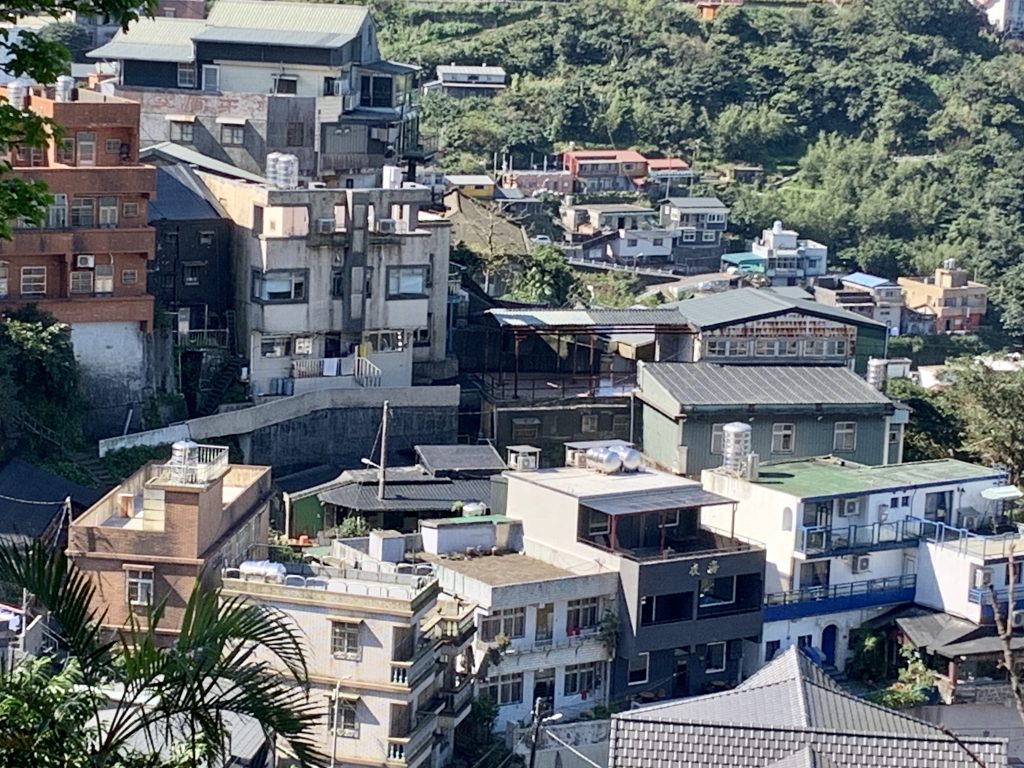
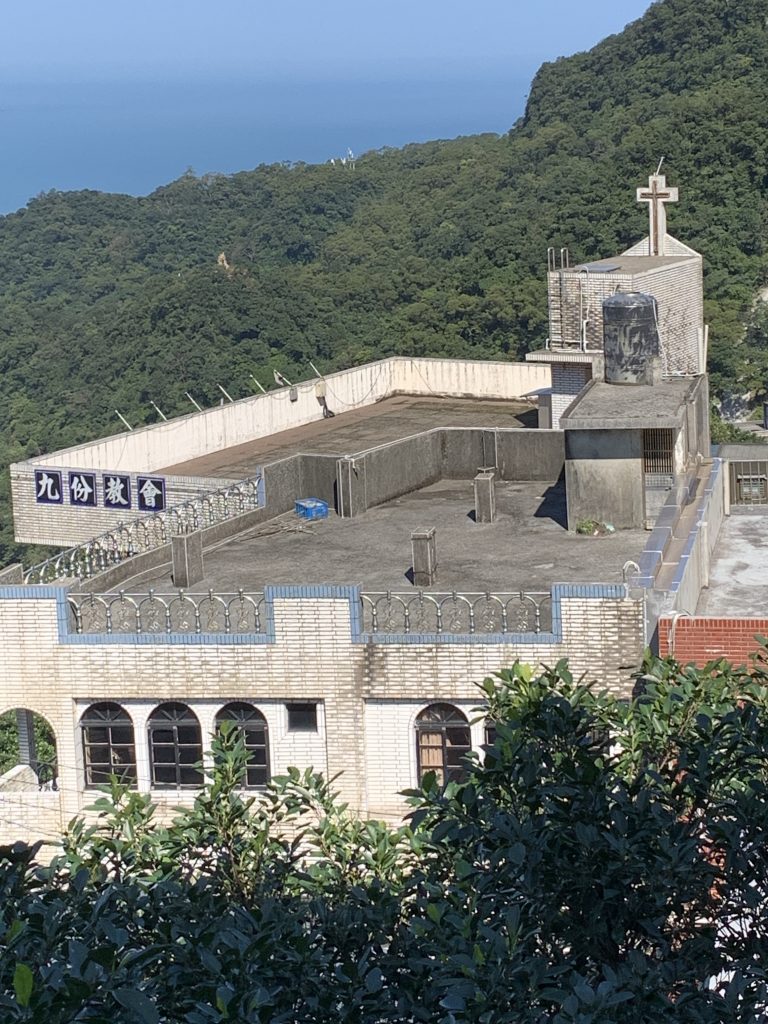
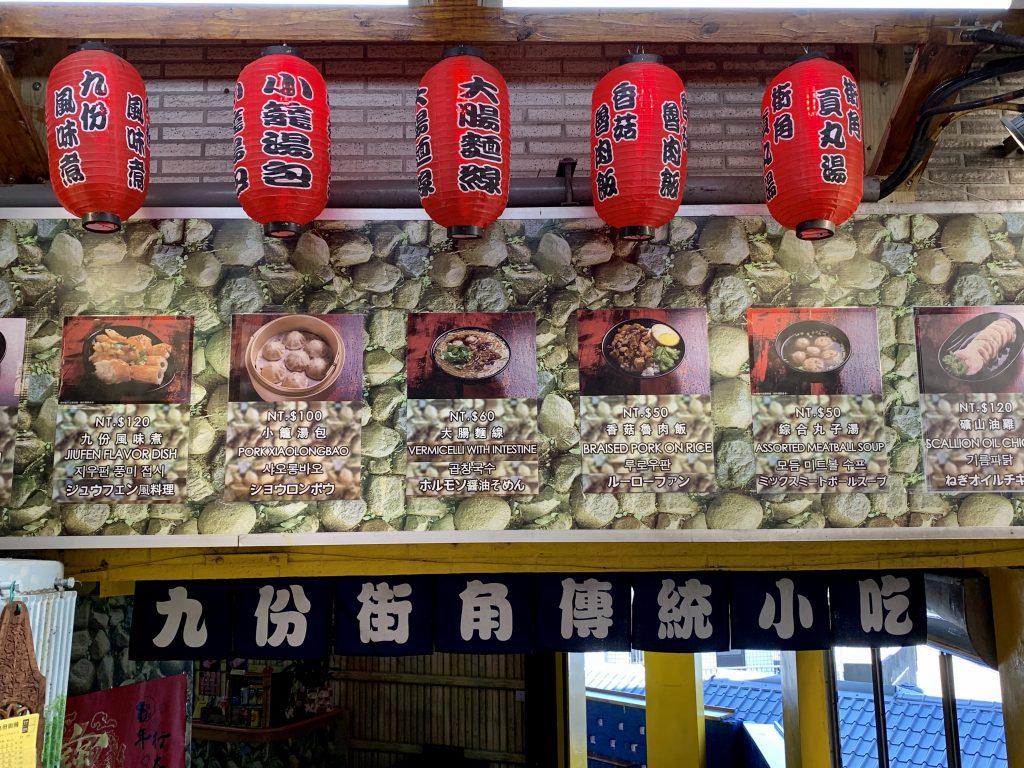
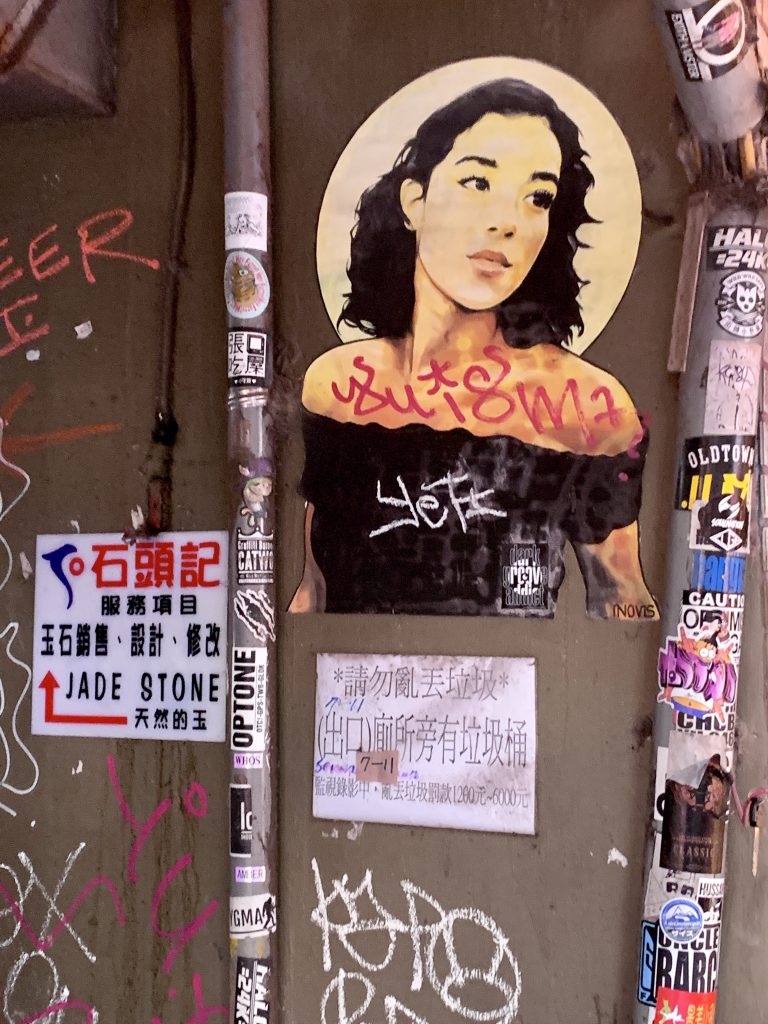
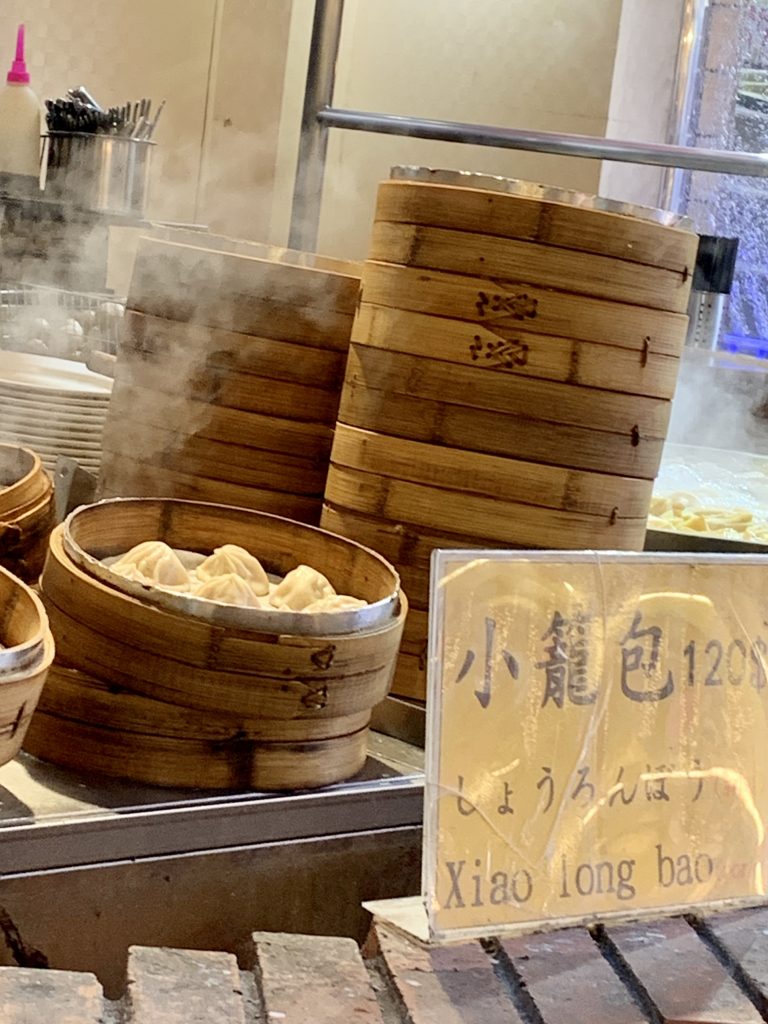
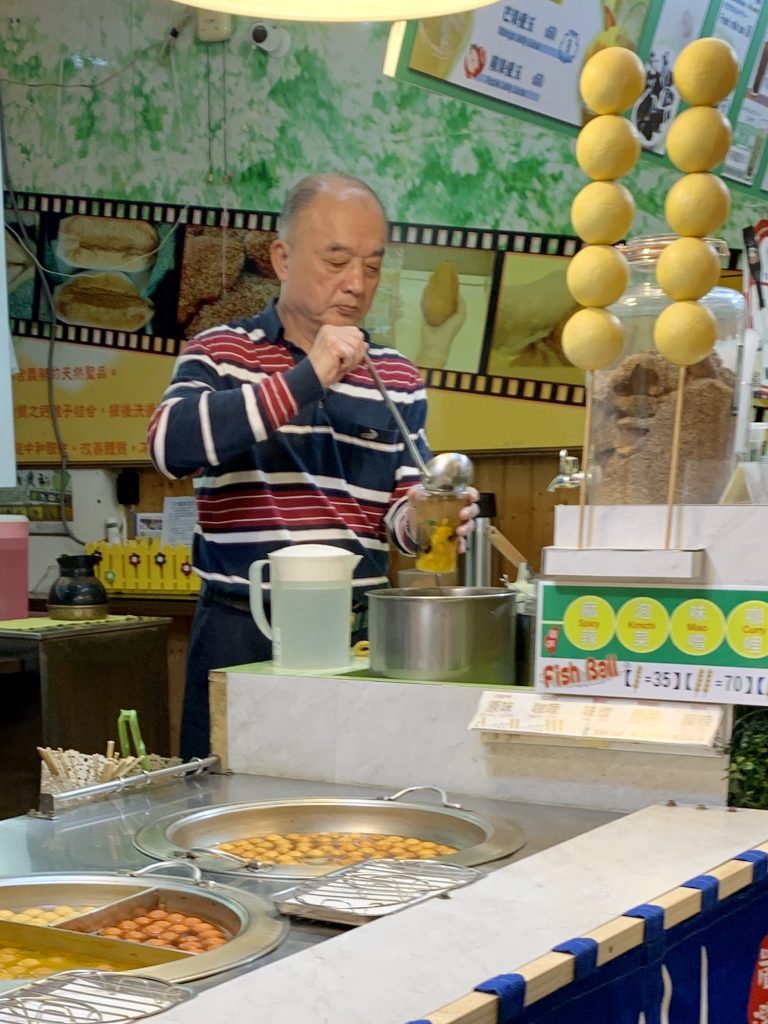
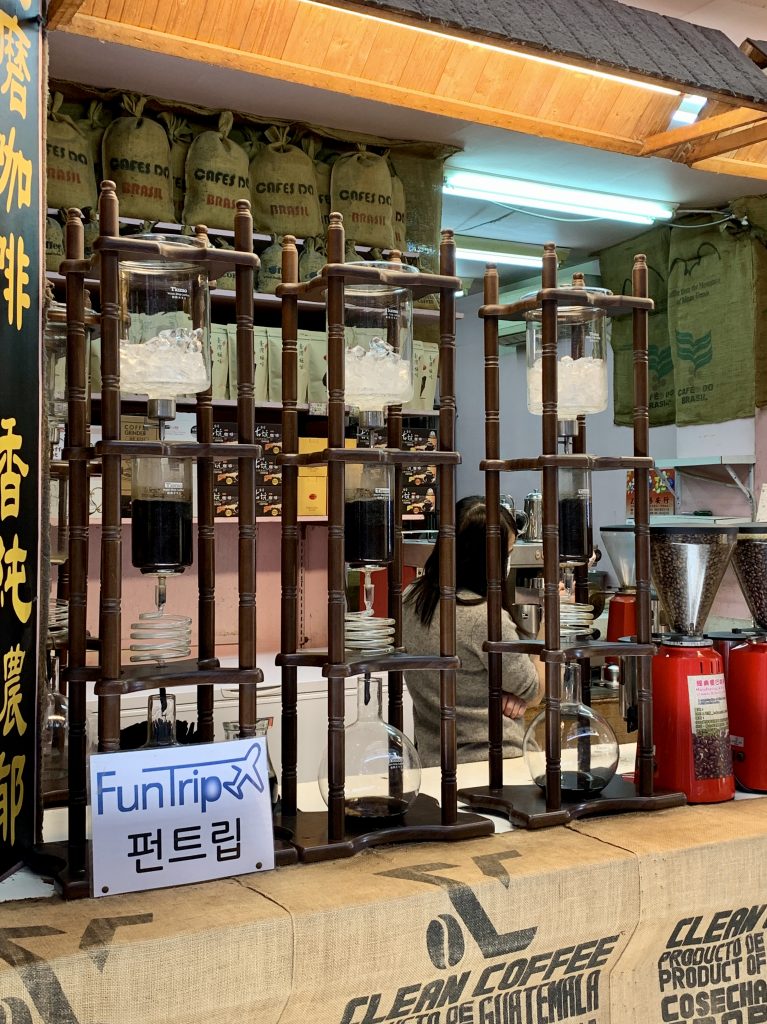
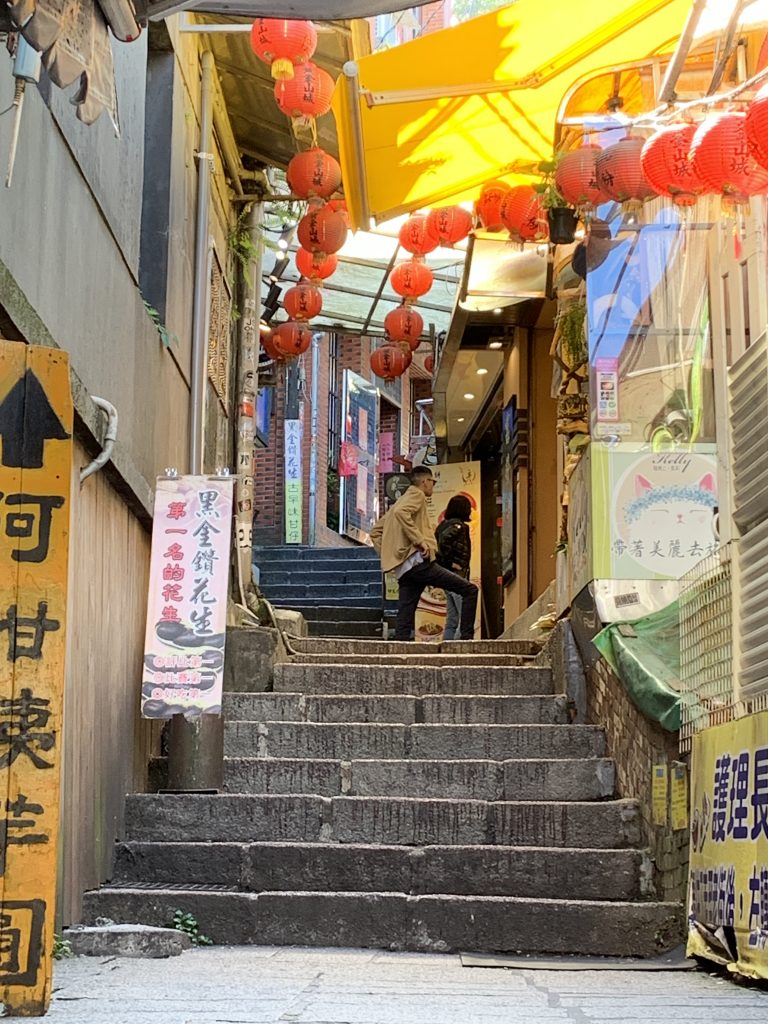
Dihua ((迪化街)
Dihua Is the oldest street in Taipei with some sections dating back to the Dutch rule in the 1600s. The Dutch called the island Formosa. From that time until the 19th century, it served as a centre for commerce in dried goods, herbal medicine, teas, and fabrics.
You may notice a swastika sign in one of the photos. It’s important to note that before being co-opted by the Nazis, this symbol held a different meaning. For thousands of years, Buddhism and Hinduism have used the swastika as a sign of harmony and auspiciousness. Its association with peace and spirituality predates its unfortunate connection to the Nazi regime.
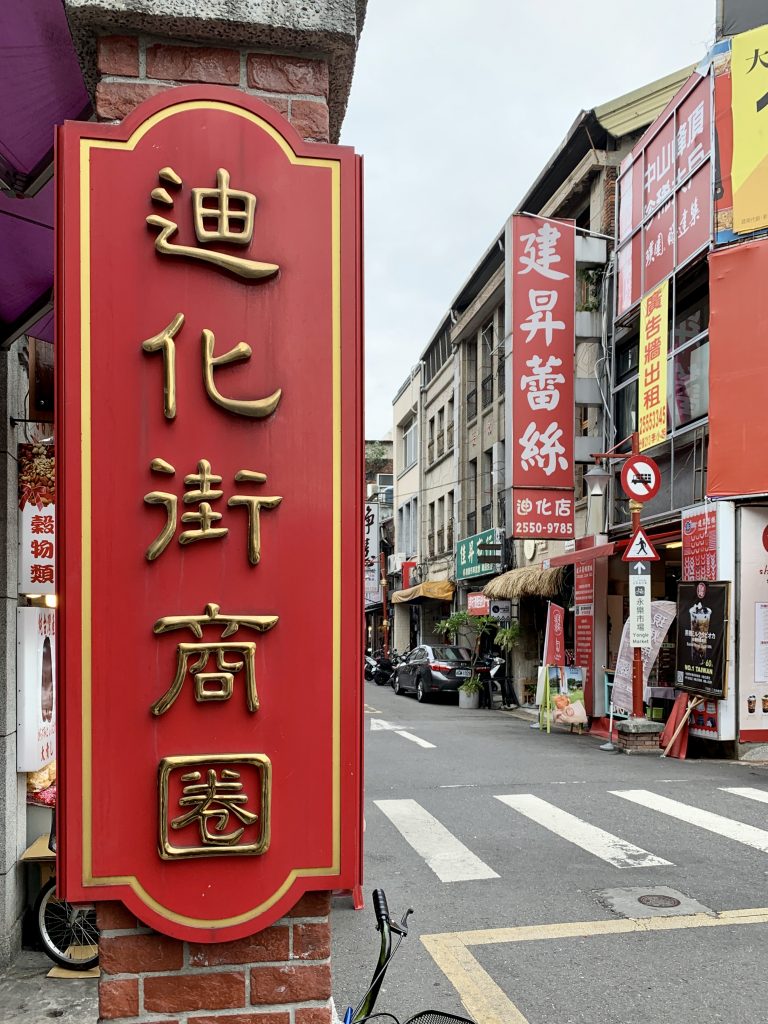
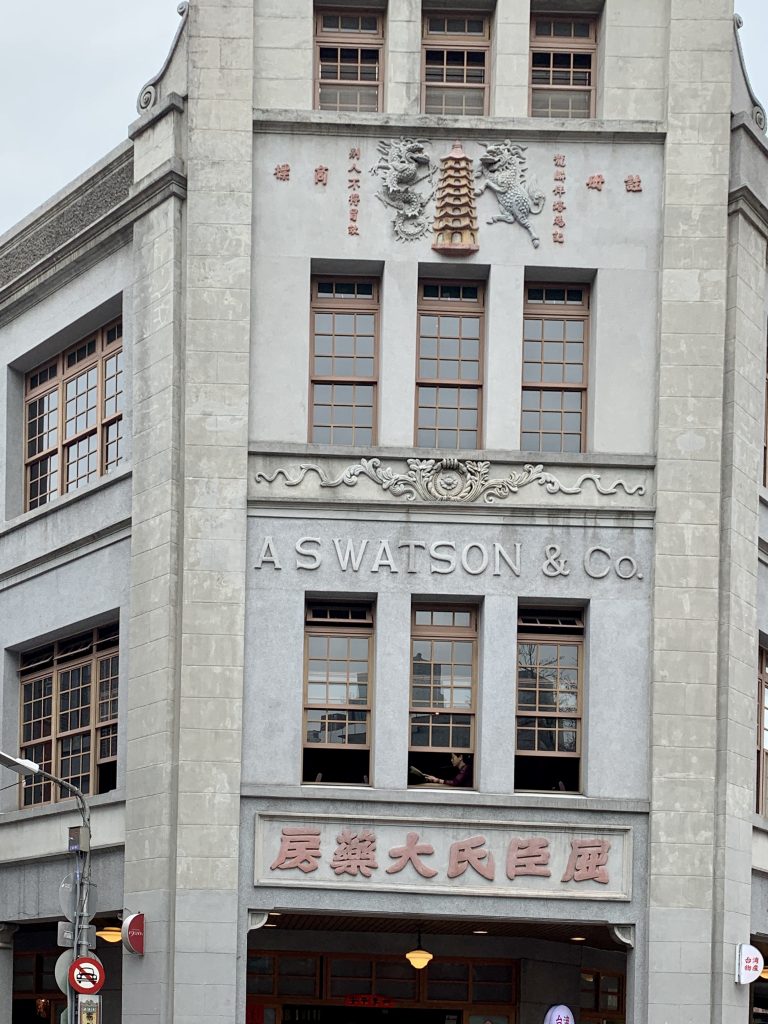
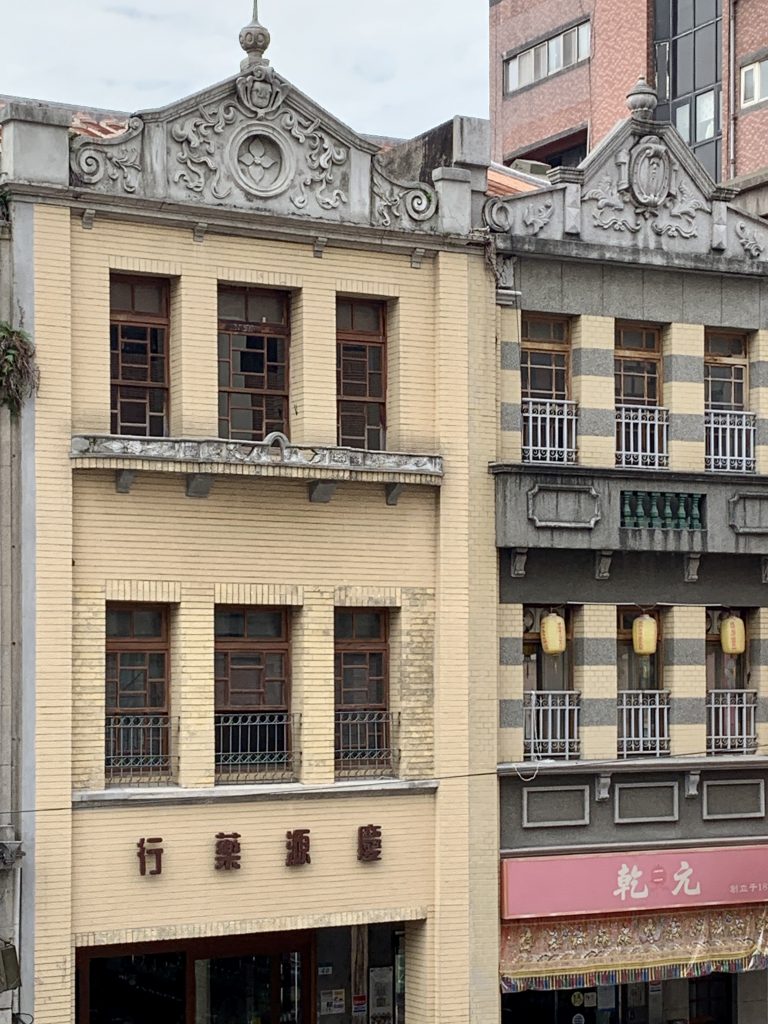
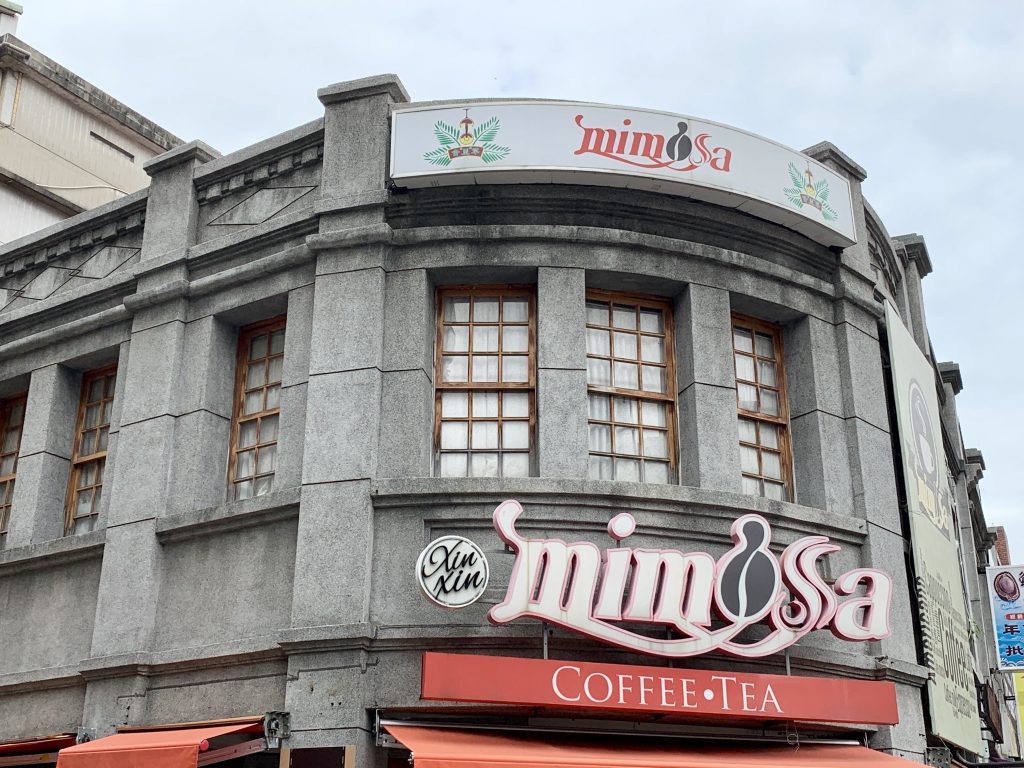
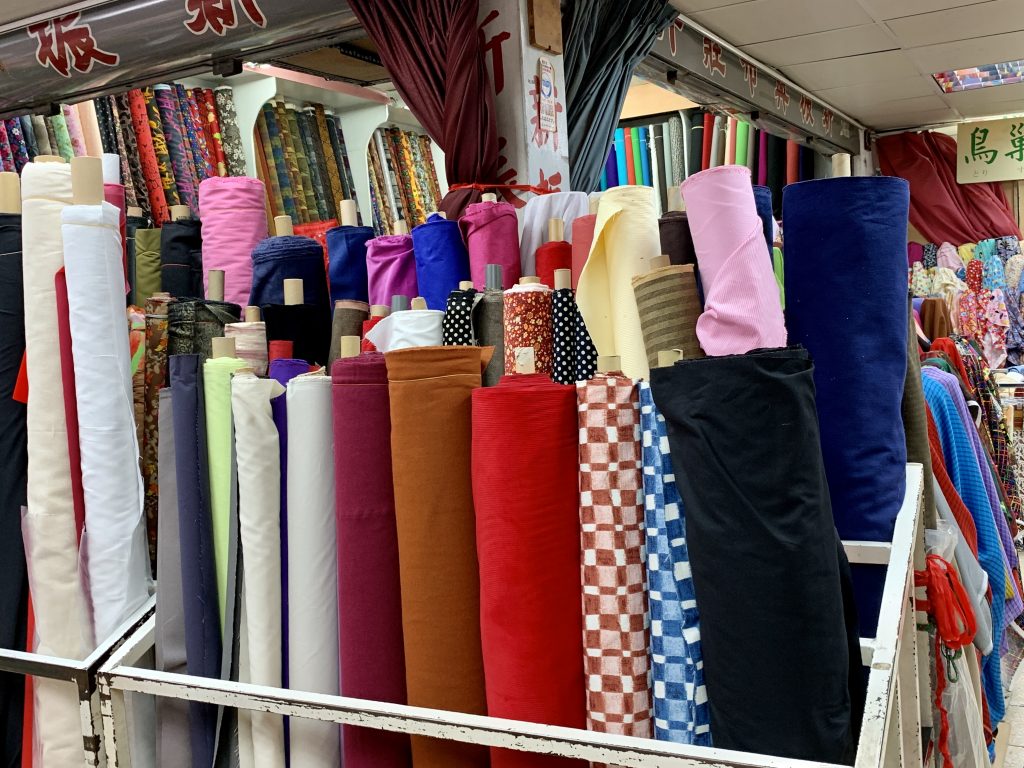
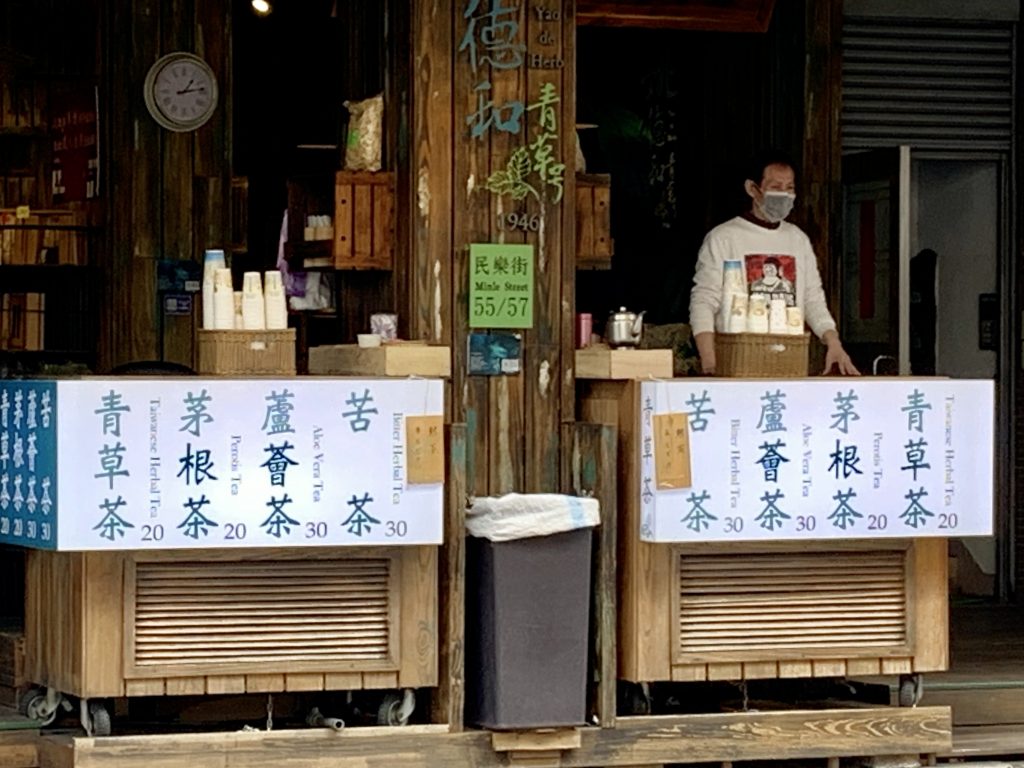
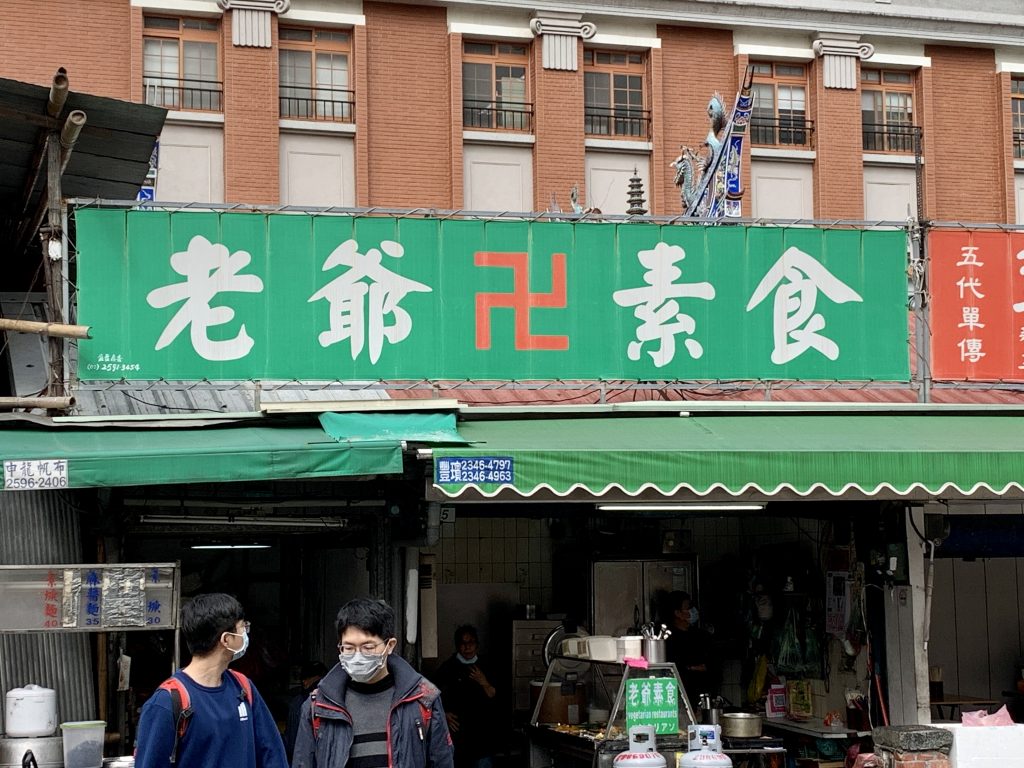
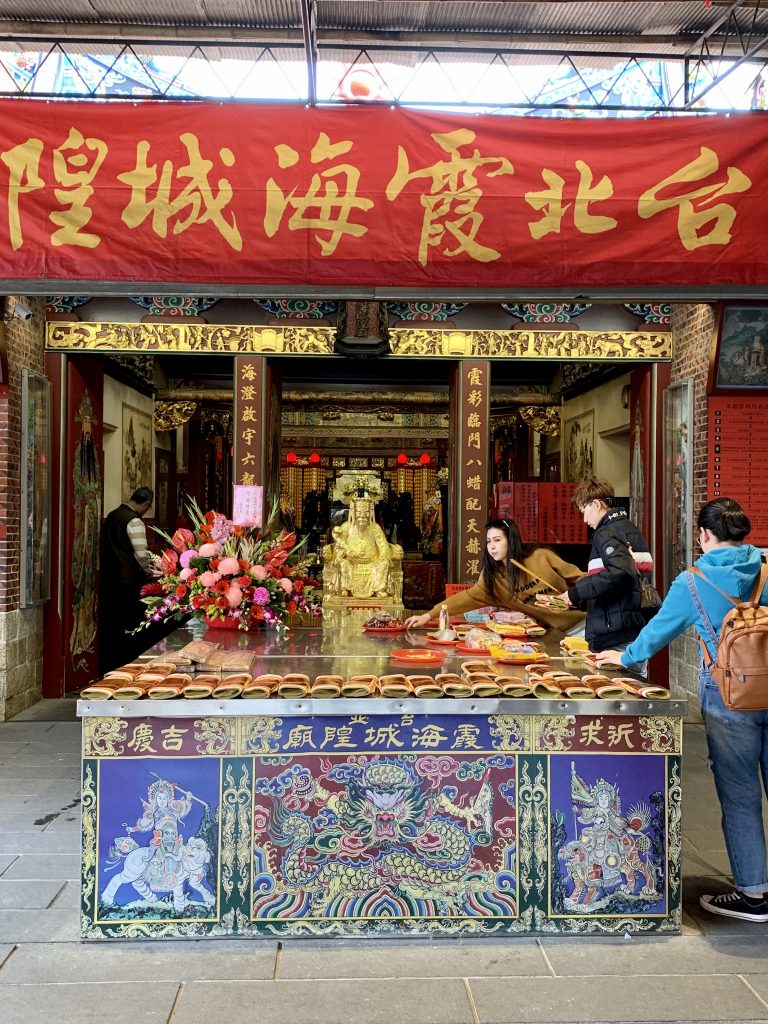
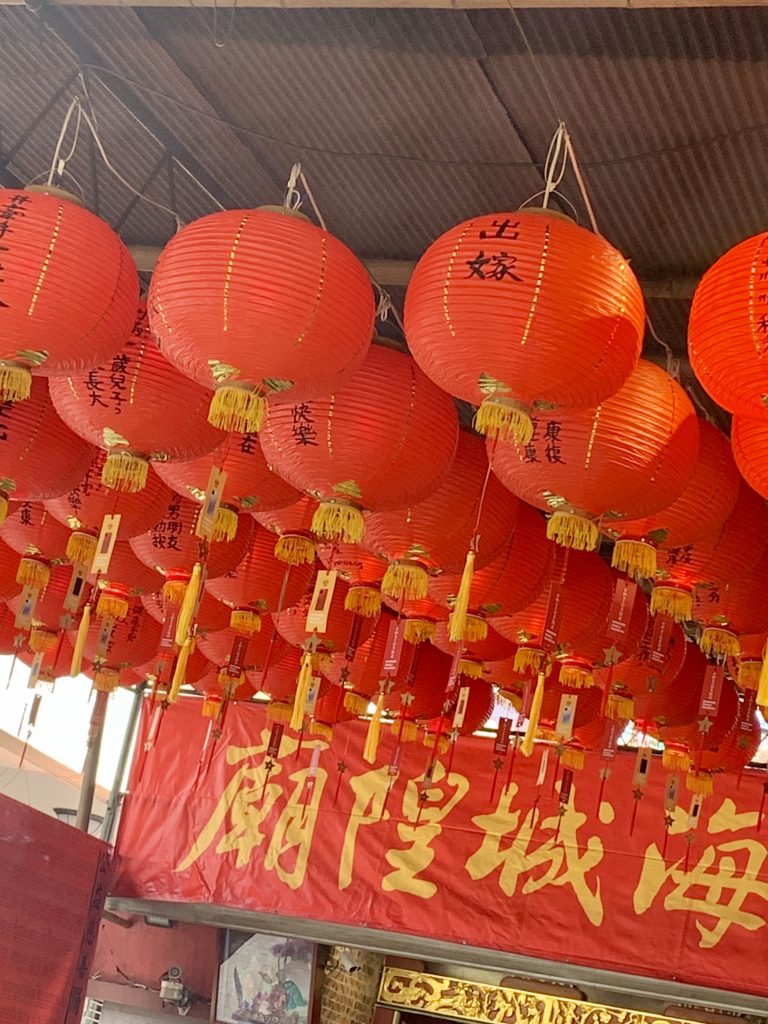
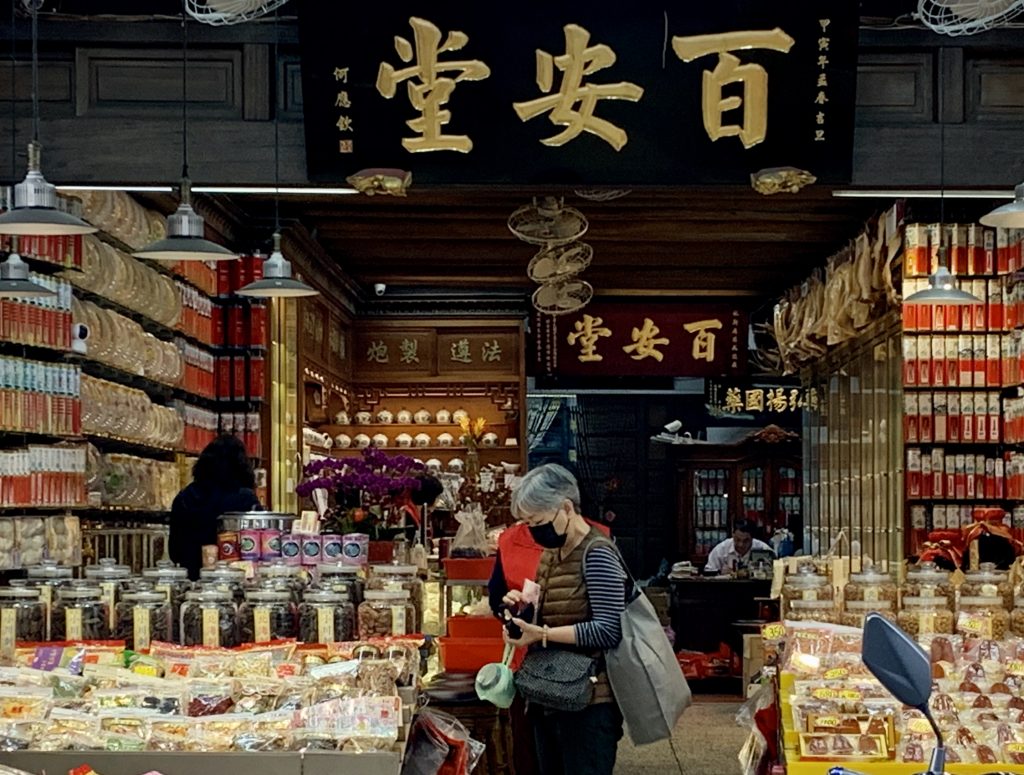
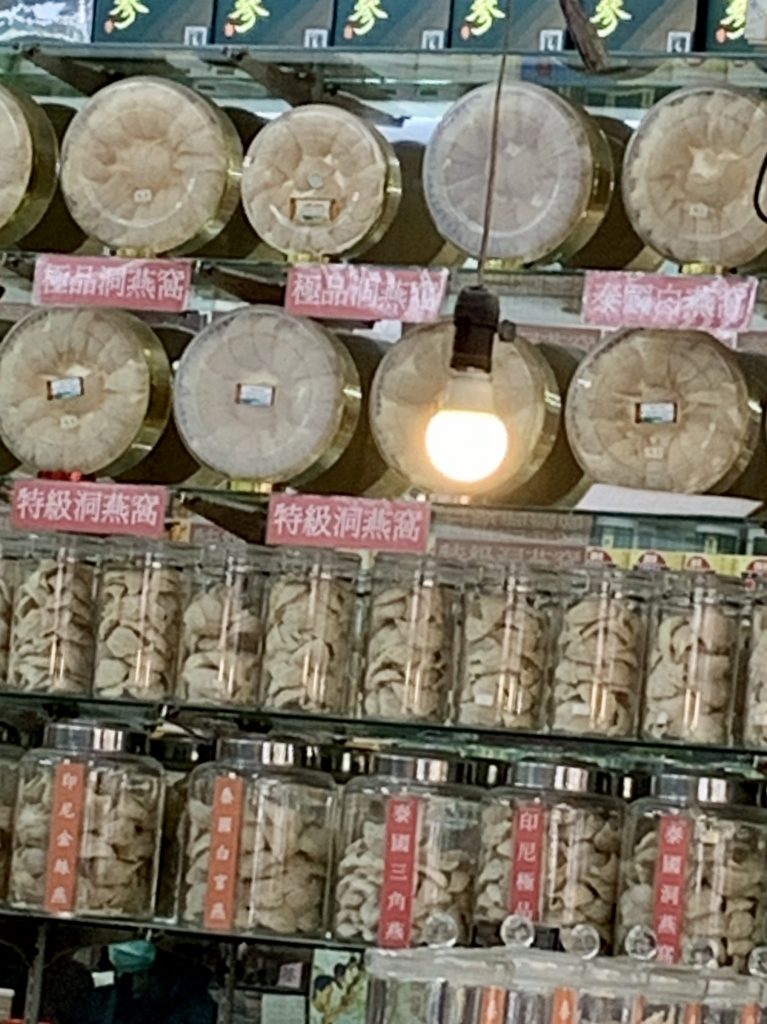
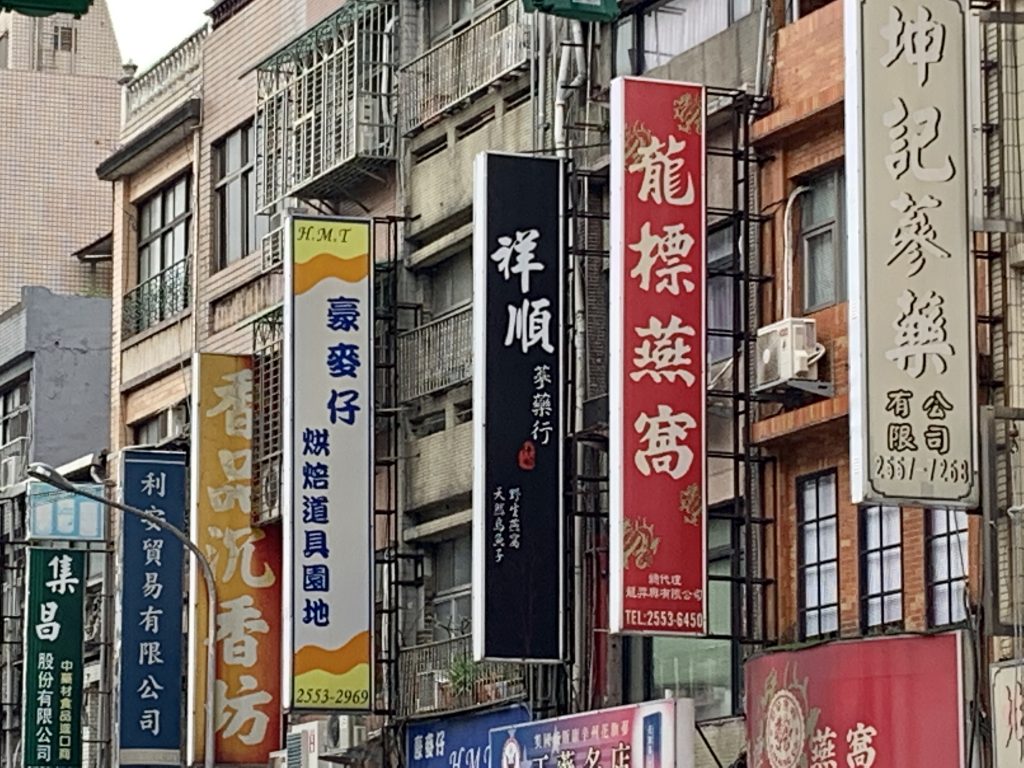
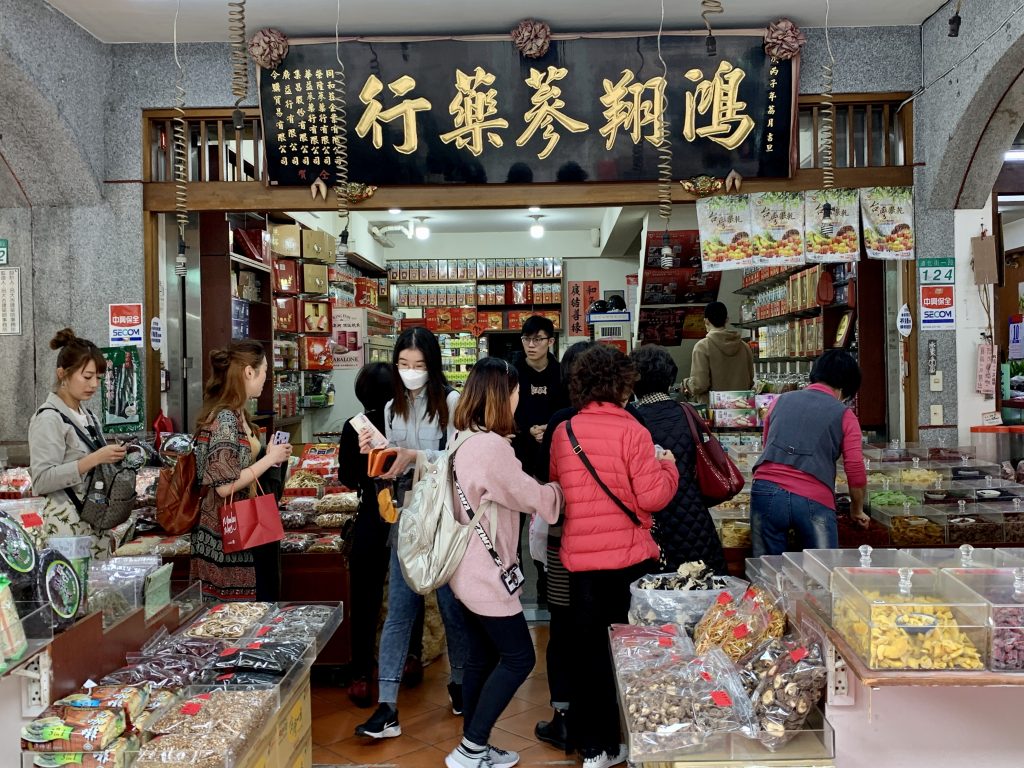
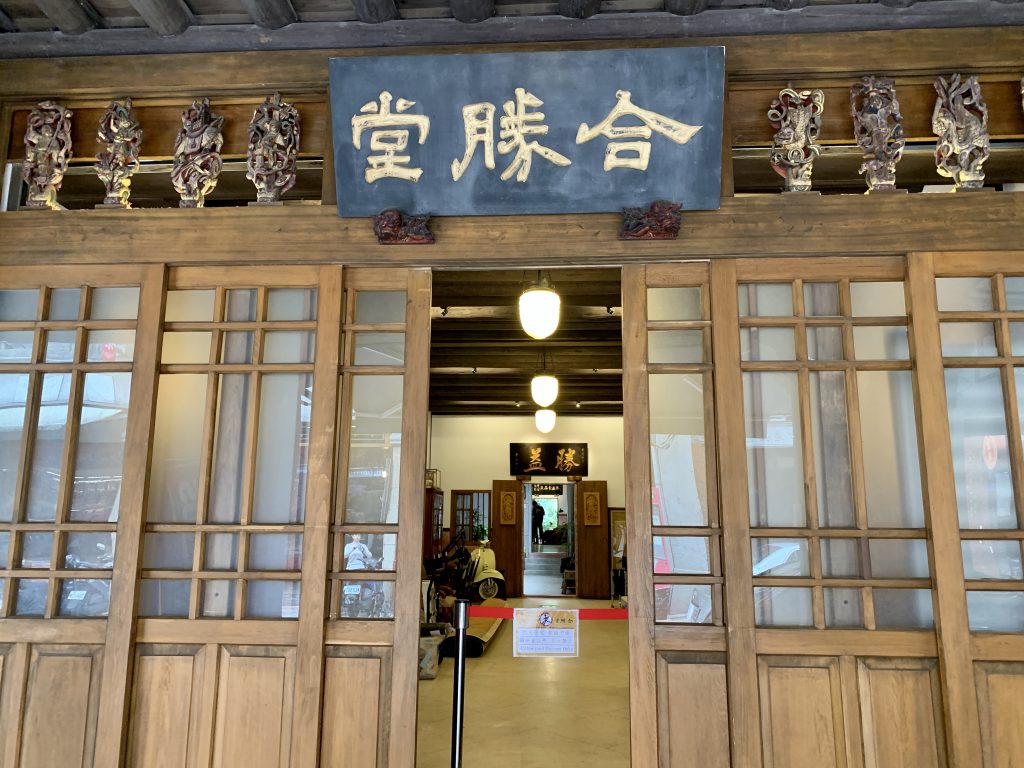
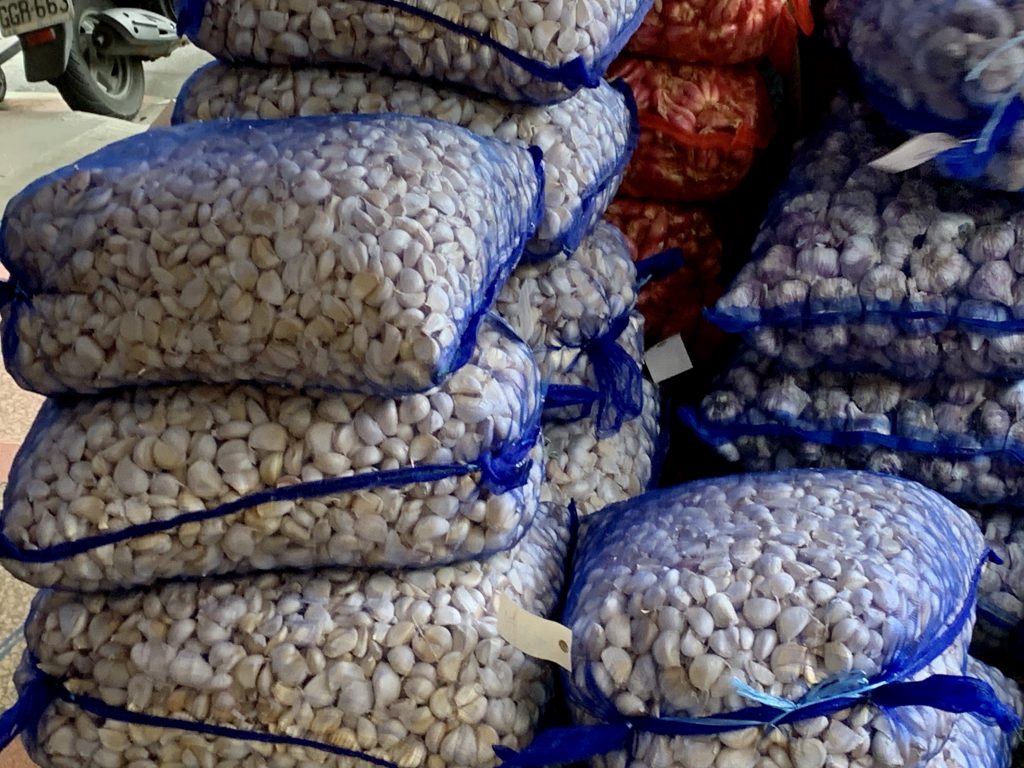
Taipei, Taiwan
A question that I ponder every time I visit Taiwan: When is a country not a country? Taiwan has a population of 23 million people, a democratically elected government, a constitution, a currency, an independent judiciary, a functioning parliament, and a relatively free press. Yet, out of the 196 member states at the UN, only about a dozen of them recognize Republic of China (Taiwan’s official name). The number will continue to dwindle as the Peoples’ Republic of China “persuades” these countries to switch allegiance.
As I am writing this in early April, 2020, I wondered what the COVID-19 pandemic would look like if WHO (World Health Organization) had heeded Taiwan’s warning about the emergence of a novel coronavirus as early as December, 2019.. Unfortunately, due to the WHO’s refusal to acknowledge Taiwan as an independent entity, the report was ignored.
